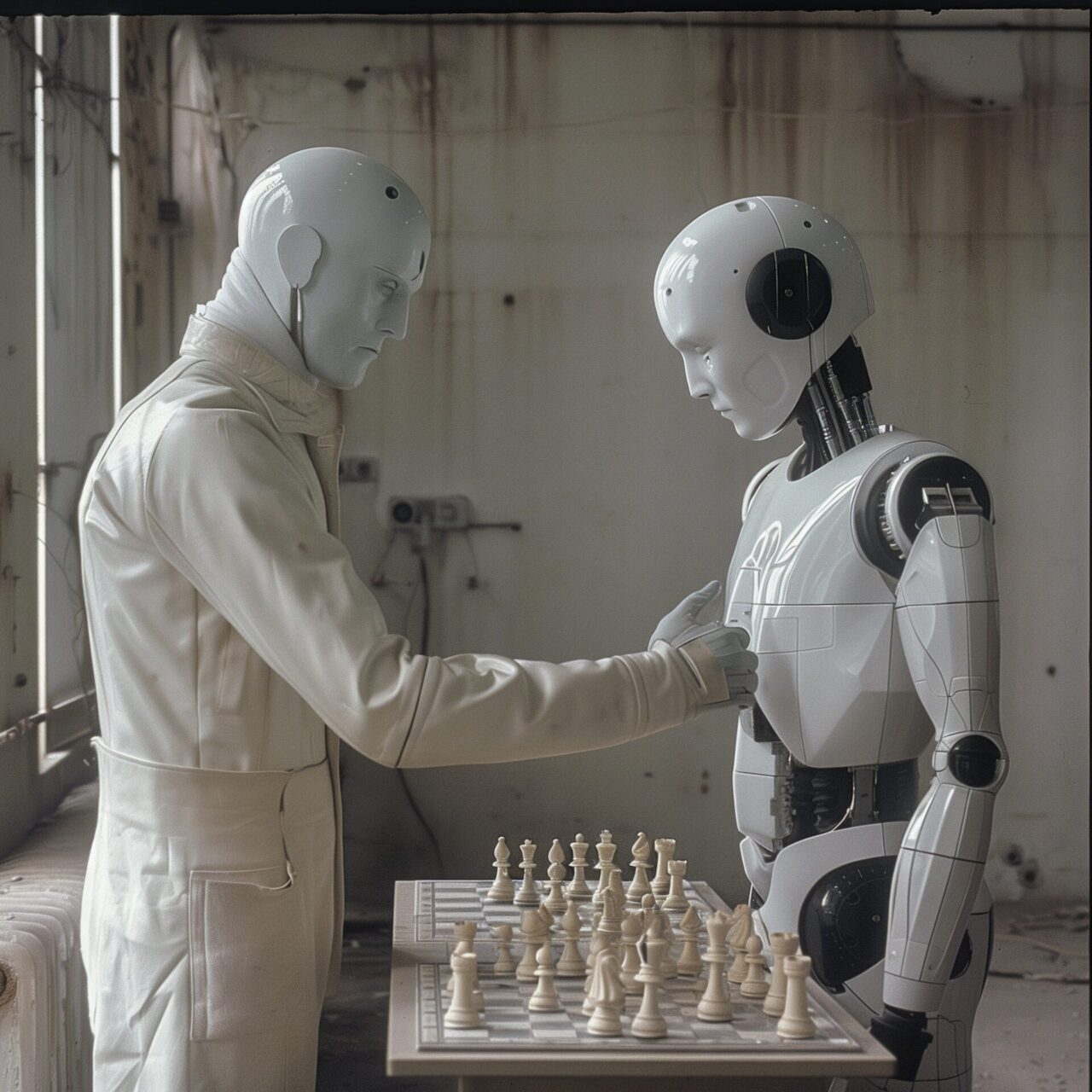
Transhumanism
Transhumanism, once a fringe topic of scientific speculation, is now at the centre of lively debates about the future of humanity. This philosophical and technological movement, which aims to overcome human limitations through the use of advanced technologies, raises fundamental questions that are both fascinating and unsettling.
Main features of transhumanism
Transhumanism aims to expand the physical, mental and psychological capacities of humans through technologies such as genetics, robotics, artificial intelligence and nanotechnology. Visionaries such as Ray Kurzweil have predicted that such technologies will enable us to eradicate disease, reverse the ageing process and even become immortal. These prospects offer a fascinating vision of a future in which our biological limits are no longer the endgame of our existence.
Philosophical and ethical challenges
However, the transhumanism movement raises profound ethical and philosophical questions. Critics such as Francis Fukuyama, who has called transhumanism one of the most dangerous ideas in the world, argue that such interventions in human nature could undermine our moral and ethical foundations. Key questions include:
Identity and authenticity: how does technological manipulation change our understanding of ‘self’? Do we remain the same people if our thoughts and memories can be digitally manipulated?
Equity and access: Will these technologies be equally available to all people, or will they widen the gap between “enhanced” and “naturals”?
Control and autonomy: To what extent do we retain control over technologies that can potentially control how we think and feel?
These questions are not just theoretical, but have practical implications that will influence the design of future laws and social norms.
Technological challenges and advances
At the technological level, transhumanists face the challenge of ensuring the safety and reliability of technologies that deeply interfere with human life. The development of CRISPR-Cas9 genetic engineering, for example, has made the possibility of gene editing a reality, but also raises questions about the long-term consequences of such interventions.
Irony and outlook
In a way, transhumanism is the ultimate irony of human evolution: a species that has evolved through natural selection decides to take the evolutionary process into its own hands. Or, as one critical thinker might put it: “We are about to become gods, while we have not even learnt to live properly as humans.”
Transhumanism remains a controversial field, fuelled equally by the vision of an enhanced humanity and the fear of losing what it means to be human. Engaging with this movement reflects our deepest hopes and fears about the role of technology in the future of humanity. Regardless of one’s personal stance on these technologies, it is imperative that society actively participates in discussing and shaping this future to ensure that technology enhances human values rather than undermines them.


